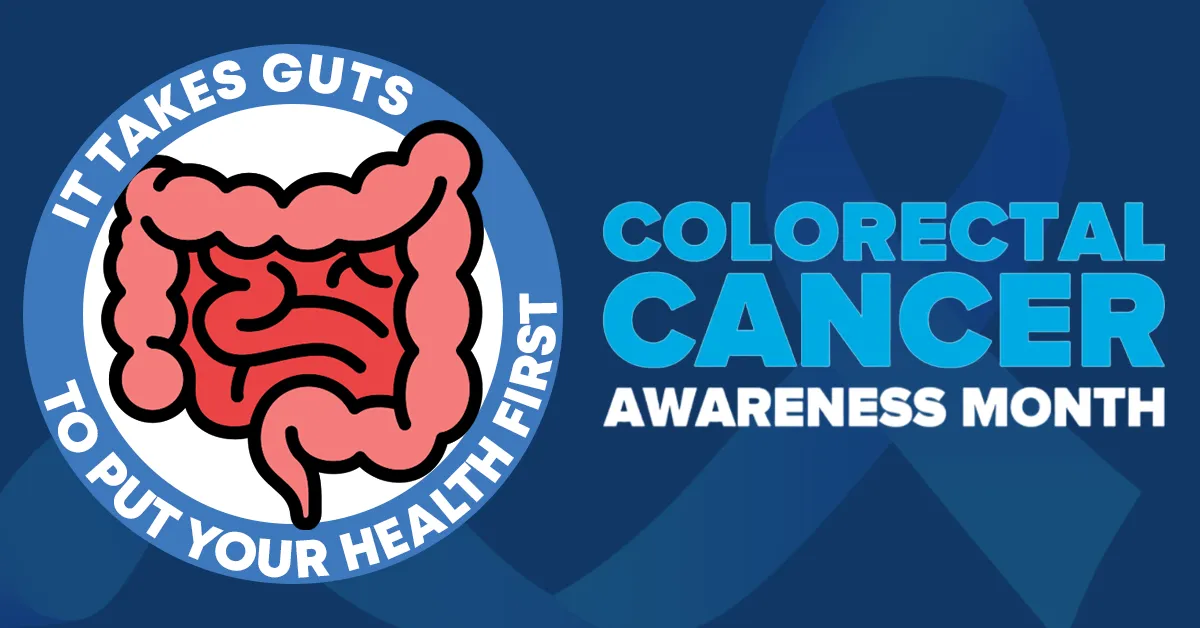Colorectal cancer is one of the most common forms of cancer in the world. It affects 1 in 24 men and 1 in 26 women on average (American Cancer Society).
You likely have heard the importance of having a colonoscopy as a means to identify this potential risk. However, according to data from the CDC, only about 70% of adults in the 50 to 75 age range are up to date on colon cancer screenings.
We know having a colonoscopy is not something patients are excited about, but a routine colonoscopy could save your life.
Who is Impacted?
Colorectal cancer is the second leading cause of cancer deaths in the United States with more than 50,000 Americans dying each year due to colorectal cancer. About 107,000 people are diagnosed with this form of cancer each year.
Risk is shown to increase with age, with more than 90% of colorectal cancer cases occurring in patients 50 years of age or older. For this reason, screening is recommended for those between the ages of 45 and 75.
How Can You Reduce Your Colorectal Cancer Risk?
A report from the American Institute for Cancer Research and the World Cancer Research Fund identified multiple diet adjustments you can make to reduce your colorectal cancer risk:
- Increase whole-grain intake
- Reduce red meat intake (such as beef and pork)
- Reduce alcohol intake
- Maintain a healthy weight and exercise regularly
How Can You Get Screened?
When detected early, the 5-year survival rate for colorectal cancer is 90%. This is why regular screenings are so important – they could greatly increase your treatment options and longevity.
In-person colonoscopies remain the most effective form of screening. However, our clinic also offers at-home test kits. Talk to your provider about what screening is best for you.
Learn more about the differences between each screening option with this information from the CDC.
How Does the At-Home Kit Work?
The at-home kits are a newer option that does not require prep, diet changes, or time off of work. Getting one of these kits requires an order from your healthcare provider. Williams Integracare often works with brands like Cologuard to get patients these kits if your provider considers it a good option for you depending on your unique risk factors.
How Effective is the In-Home Kit?
While this may seem like the easier option, the in-home test is not as accurate as a traditional colonoscopy. In a study on the Cologuard test, it was found that 13% of people without cancer received a result incorrectly stating they had cancer. On the other hand, 8% of those with cancer received a result incorrectly saying they had cancer.
You can learn more about the Colorectal Cancer Alliance and its mission to increase screenings on its website.


